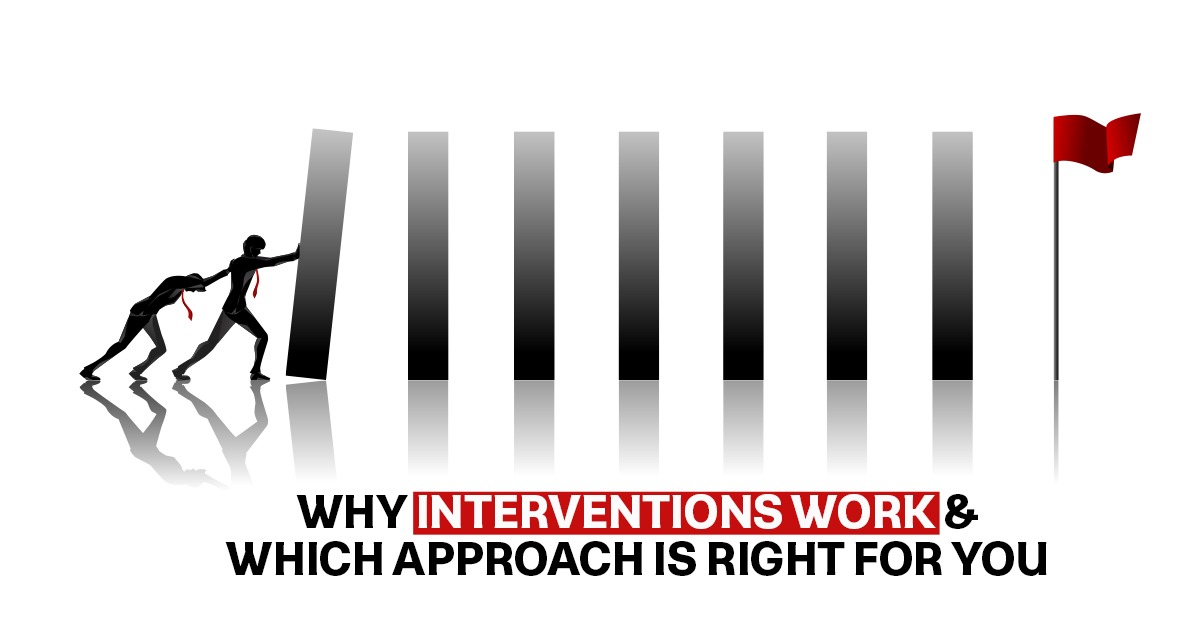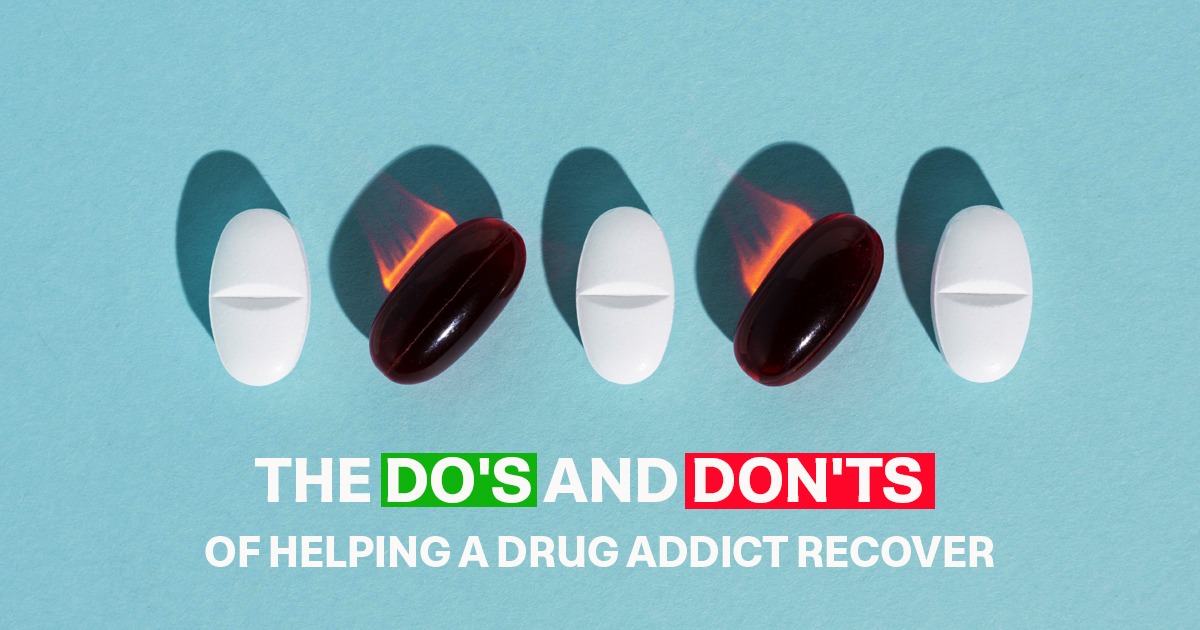It’s not easy to see your loved one struggling, but interventions can help. It is important to remember that they are still the same person you love and care about, who made some bad decisions. You may feel like it’s too late, or there is no hope for them. However, this is when interventions are the most effective because the interventionist will put together a plan of action with your family member to get them back on track. They’ll work with you through all stages of recovery so that they have every chance at success!
Interventions provide a safe and loving environment to work with your loved one and give you the skills and tools needed to make positive change happen. When people feel supported by others around them, they are more likely to take responsibility for their actions, and behavior changes can occur much faster than if someone is just told what they should do. It’s essential not only for your loved one’s recovery but also for the family relationships that you learn about.
Different Types of Interventions
The most common interventions include Motivational Interviewing (MI), Community Reinforcement Approach (CRA), Family Systems Therapy, Social Learning Theory, Functional Family Therapy. These approaches are all based on principles of behavioral psychology that have been proven to be effective when working with substance abuse or addiction.
The Interventionist works with the family to determine which approach best fits their loved one and their family situation.
The Interventionist helps your family build a team of supporters, manage any conflicts between the team members, and prepare for any resistance from your loved one. Your Interventionist is also there to help you understand what will happen during the intervention process to be ready when emotions run high. They will provide empathy with clear communication skills so that it becomes almost impossible for your loved one to resist accepting treatment. After the initial intervention meeting, the Interventionist will work with you throughout all recovery stages to ensure everyone has access to the resources they need for success!
Motivational Interviewing (MI)
Motivational Intervention is an evidence-based practice that uses a person’s motivations to help them decide to enter treatment. The Interventionist will ask questions about your family member’s situation and why they feel taking action now would be beneficial. They will also look at what factors are getting in the way of their motivation, including stressors, cravings, or any other mental health issues that may be present. This carefully planned process helps your loved ones see the need for change so that it becomes much easier for them to commit to long-term sobriety.
The Interventionist will work with you before the actual intervention meeting to precisely understand what will happen during this time. You can use this knowledge as support for yourself.
Community Reinforcement Approach (CRA)
During a Community Reinforcement Intervention (CRA), the Interventionist helps your family learn and understand how to use positive reinforcement and other rewards to help motivate your loved one through treatment. The Interventionist uses this approach because it is best suited for people with certain personality types, such as avoidant or dependent tendencies. This approach has been proven effective among those who respond better to encouragement than direct confrontation.
You mustn’t try to do this on your own. You don’t want them to think they can just stop going without severe consequences! This is why interventionists are there – so that we can work together throughout all stages of recovery and make sure they get the help they need before it’s too late!
Family Systems Therapy
Family Systems Intervention is a collaboration between the Interventionist and your family to help improve communication skills with one another so that you can effectively discuss complex topics related to your loved one’s addiction. This process helps everyone feel heard, respected, involved, and included in the conversation.
The Interventionist will meet with your family before the intervention meeting to identify any concerns you have about what could happen during this time. They will also give you strategies for responding if your loved one displays certain behaviors during the process. Finally, they will make sure you understand how vital it is not only for them to enter treatment but also for others in their life to support them through recovery! We will run interference when necessary by helping them look at their process.
Social Learning Theory
Social Learning Theory is a process that Interventionists use to help your loved one recognize certain factors in their life that could have led them to addiction. These learned behaviors, which often include things like creating a support system or setting goals toward the desired outcome, can shed light on ways for them to improve their overall quality of life.
At the end of this Intervention meeting, you will have a better idea about what steps need to be taken next. Interventionists work with you every step of the way! They not only help during this initial Intervention meeting but also throughout all stages of recovery so we can make sure they get the help they need before it’s too late.
Functional Family Therapy
In Functional Family Therapy, the Interventionist will meet with the whole family to discuss what has been going on and best support recovery. Everyone must be involved in this Intervention meeting since family dynamics have been shown to play a significant role in substance abuse issues.
In addition to looking at family issues, the Interventionist will also assess individual motivations, so you know precisely why it’s time for your family member to get help now! We look at factors such as stressors, cravings, legal actions, or any other mental health concerns that may have led them down the road of addiction before helping them see the need for change.

There’s no “one size fits all” solution when it comes to interventions, but if you care enough to be doing the research, then you care enough for your loved one to approach the situation right. Carefrontations can help you have a successful intervention from home and get your loved one back on the right track. Call us to learn more at 844-588-3267.




